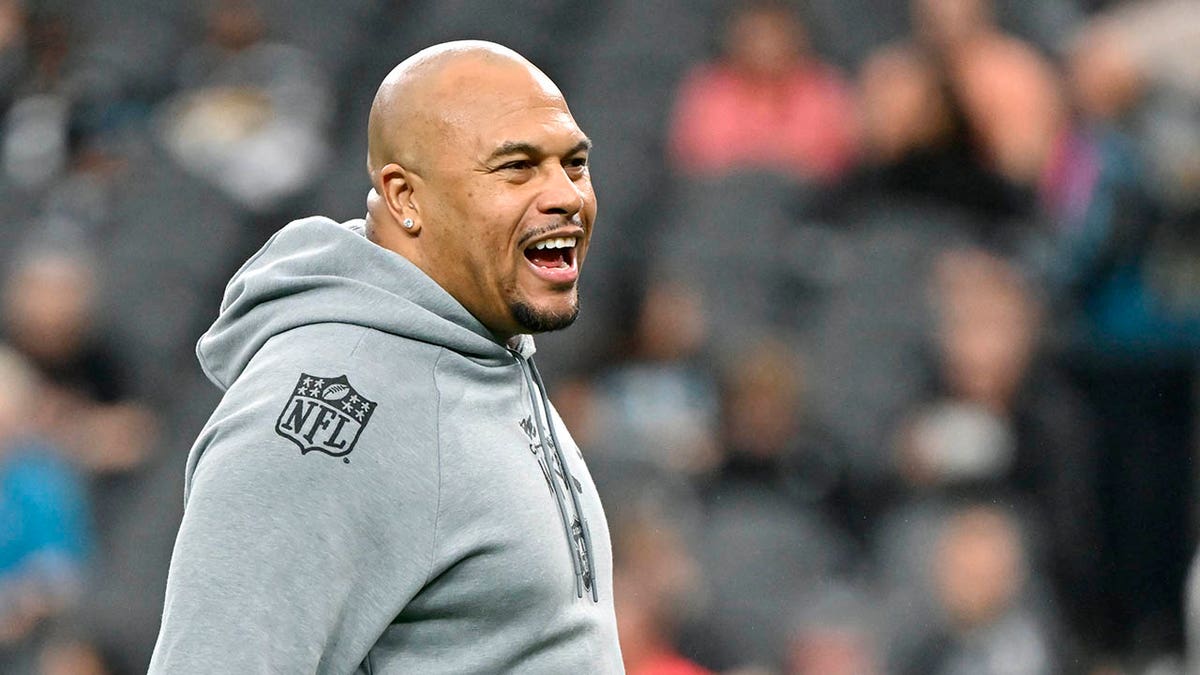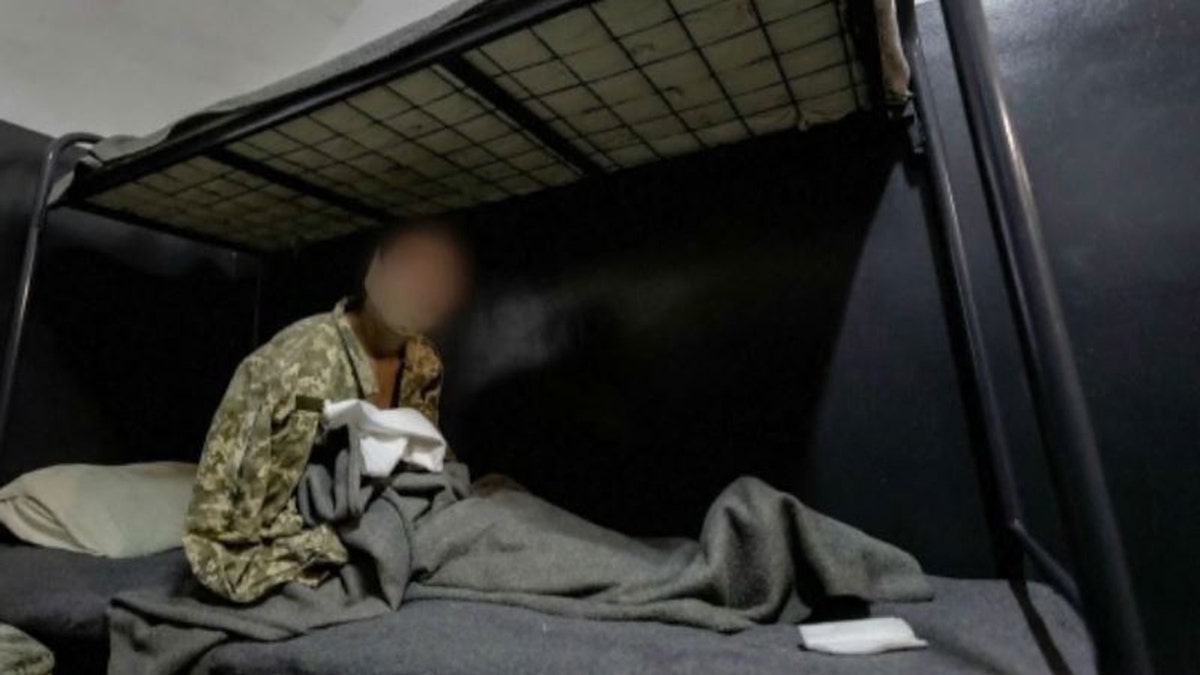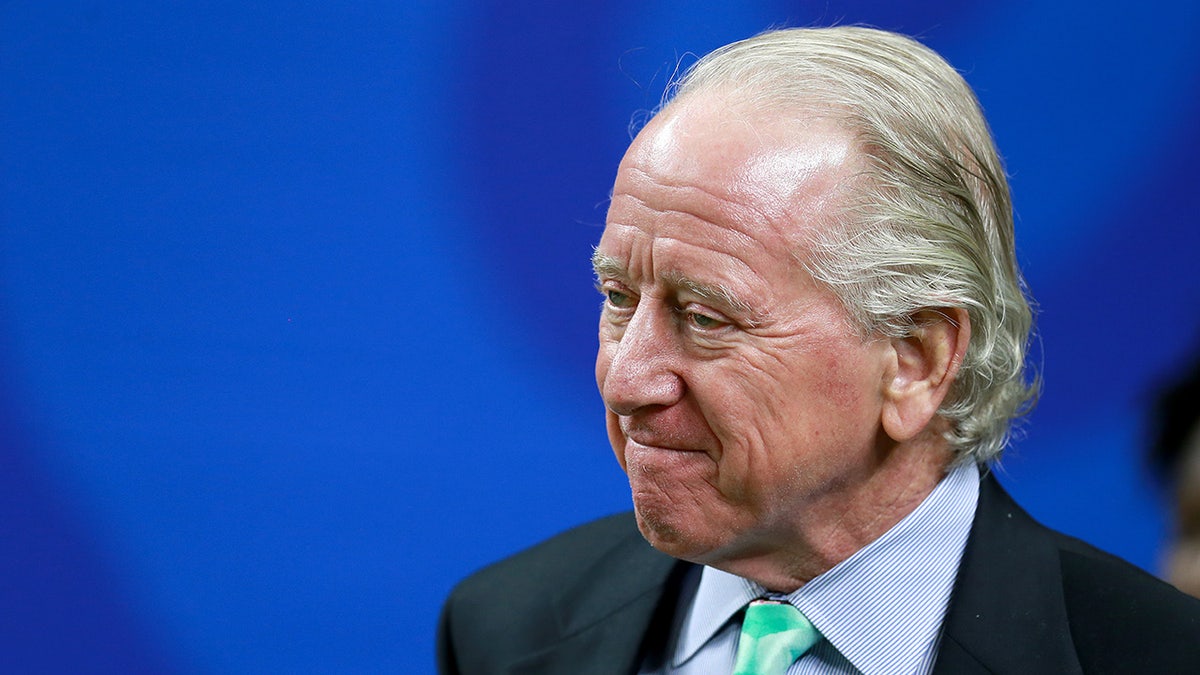A disagreement has erupted in Pennsylvania's legislature concerning the allocation of funds for adult mental health services. Democratic lawmakers are expressing their discontent over the removal of millions of dollars earmarked for these services from the state budget. This contention arises amidst a continuing partisan impasse that has stalled the budget's enactment for a month. The demand for mental health services has seen a significant rise in schools and counties following the COVID-19 pandemic, straining existing resources. Last month, the Democrat-controlled House passed legislation to allocate $100 million in federal COVID-19 relief funds to strengthen the state's adult mental health network. This initiative aimed to address workforce shortages, enhance criminal justice and public safety programs related to mental health, and support suicide prevention efforts. The allocation was based on recommendations from a commission tasked with determining the distribution of these federal funds. However, this provision was excluded from the budget bill drafted by Senate Republicans and endorsed by Democratic Governor Josh Shapiro. Instead, the Senate's version redirects these funds towards student mental health. Though approved by both legislative chambers, the budget awaits finalization due to ongoing negotiations. Democratic Representative Mike Schlossberg, the bill's primary sponsor, emphasized the need to fund both adult and student mental health services, rejecting the Senate's framing of the issue as an either/or choice. With the budget's finer details, including spending directives, yet to be determined, Democrats see a chance to secure funding for adult mental health initiatives by utilizing the state's substantial reserves. Republicans, however, have favored fiscal restraint during the budget process, advocating for limited operational spending in anticipation of a potential economic downturn. 
With a substantial budget surplus, House Majority Leader Matt Bradford criticized the forced choice between adult and student mental health funding as "beyond cynical." He affirmed House Democrats' commitment to securing adult mental health funding and their intention to include it in budget negotiations. While the governor's office hasn't explicitly endorsed the Democrats' proposal to use surplus funds for adult mental health, they have reiterated their commitment to mental health funding as a priority. Governor Shapiro initially proposed funding both the adult mental health needs identified by the commission and continuing the previous allocation of $100 million for student mental health. Last year, Pennsylvania allocated $100 million to student mental health programs, enabling districts to proactively address student needs by hiring counselors, psychologists, and contracting services. This investment aimed to mitigate the increased mental health challenges faced by adolescents and teenagers post-pandemic. Many school districts collaborate with county mental health systems, which can further strain county resources. Counties are prioritizing increased state funding for their essential mental health services, citing a shortage of beds and counselors to meet the heightened demand following the pandemic. Republican Senator Scott Martin defended the allocation of funds to schools, highlighting the Legislature's $20 million contribution to county mental health systems. He expressed support for increased collaboration between counties and schools to effectively deliver mental health services. While the funds proposed in Representative Schlossberg's bill wouldn't directly benefit counties, the County Commissioners Association of Pennsylvania acknowledged its potential to rebuild the state's mental health infrastructure. Counties are requesting an additional $150 million, a nearly 60% increase, to address their specific needs.








